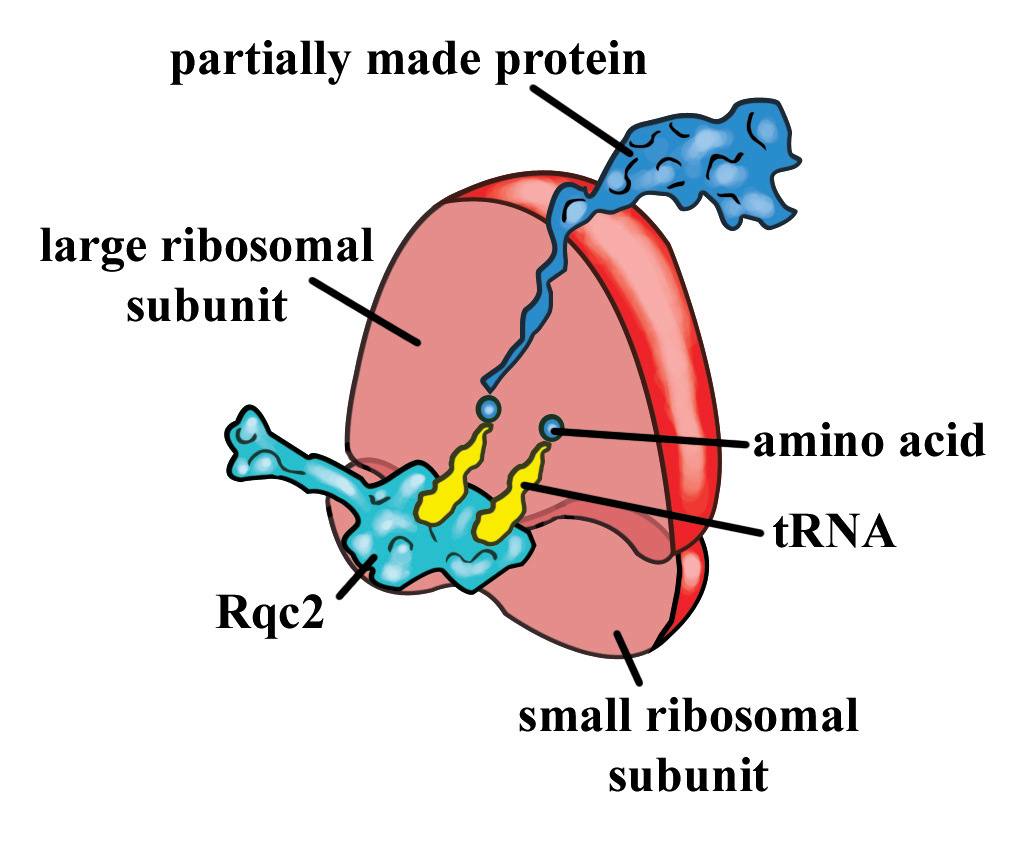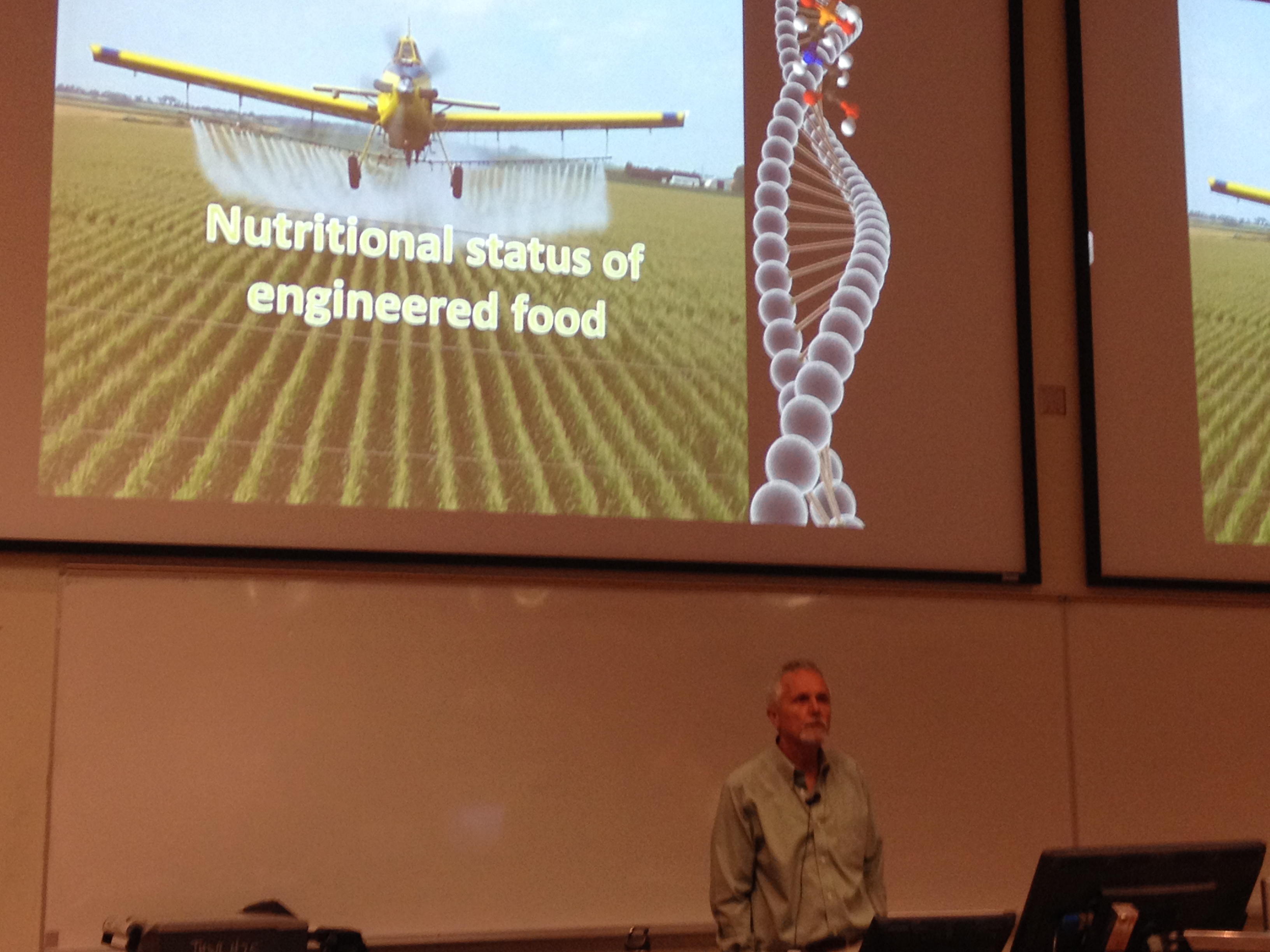Imagine a future with no consequences from aging, no disease, and no unnecessary suffering from the side effects of medical treatments. Now imagine all of this being controlled by tiny robots that can fit in your blood vessels with plenty of room to spare.
This is the world of molecular nanotechnology. It is indeed a possibility, and it’s sitting just around the corner.
Technically, all life around us functions on natural molecular nanotechnology. When we think about how enzymes work (tiny biochemical machines that help regulate chemical tasks in our bodies), and that energy efficiency in cells is far superior to the most efficient machines ever made by humans, it is not surprising that the possibility for molecular nanotech exists.
To compare, the efficiency of electric motors and gas engines range in the neighbourhood of 10-20 per cent, while the efficiency of a single cell converting glucose into energy is about 50 per cent.
But before we can start to produce our own molecular nanotech machines, we would first need to create something called a “fabricator.”
The fabricator is a molecular tool that is able to grab atoms and molecules from the space around it and organize them to form materials that we can use.
According to futurists form the Center for Responsible Nanotechnology, we could have this first fabricator by the early 2020s.
If this fabricator can be made, then molecular nanotech can be applied to several fields.
Probably the most practical uses would be in medicine.
There are a lot of current medical practices that, although useful, involve negative side effects. Surgery and chemotherapy are prime examples. Despite all the clear benefits of surgery, it can be traumatic, compromising, and at times life-threatening. Although chemotherapy kills cancer cells, it also destroys healthy cells. Many times, the cancer cells are not properly eradicated, and the cancer returns, in some instances having developed drug resistance.
With cancer, scientists have been able to find a way to specifically target the cancerous cells of some cancers by injecting patients with nanoparticles. This helps to differentiate the cancerous tissues from the healthy ones, providing a healthier treatment.
The goal is to one day have computerized nanomolecules that will follow this methodology and deliver appropriate doses of medication to infected and diseased areas, as well as repair tissue, all while avoiding harming regions of the body that do not require treatment.
Carried to an extreme, molecular nanotech has the potential to eliminate aging or disease-related death: – immortality, or at least as close as we could get to it.
If these tiny machines are able to repair single cells at the molecular level, then they would be able to repair many of the damages associated with aging.
On top of that, they would also be able to potentially eliminate diseases that result in death, and solve huge medical problems like heart disease and cancer.
Although these types of solutions are not available for the near future, there are strides being made in that general direction.
An organization called Human Longevity Inc. is currently working on investigating ways to increase preventative medicine, and to prolong the human lifespan.
Human Longevity Inc. uses data collected from genomic sequencing, the human microbiome, proteomics, informatics, computing, and cell therapy technology to tackle age-related diseases and symptoms of biological decline, like cancer, diabetes and obesity, heart and liver disease, and dementia.
This focus is very important, since nearly half of global health-care expenses (nearly $3.5 trillion) are spent on seniors to maintain and increase their lifespans.





It sounds wonderful. Or does it? I recently published a futuristic dystopian novel entitled Leviticus (first in a trilogy) which explores a world in which nanotechnology provides for immortality. You can find out more at my website: http://daniel-seltzer.com